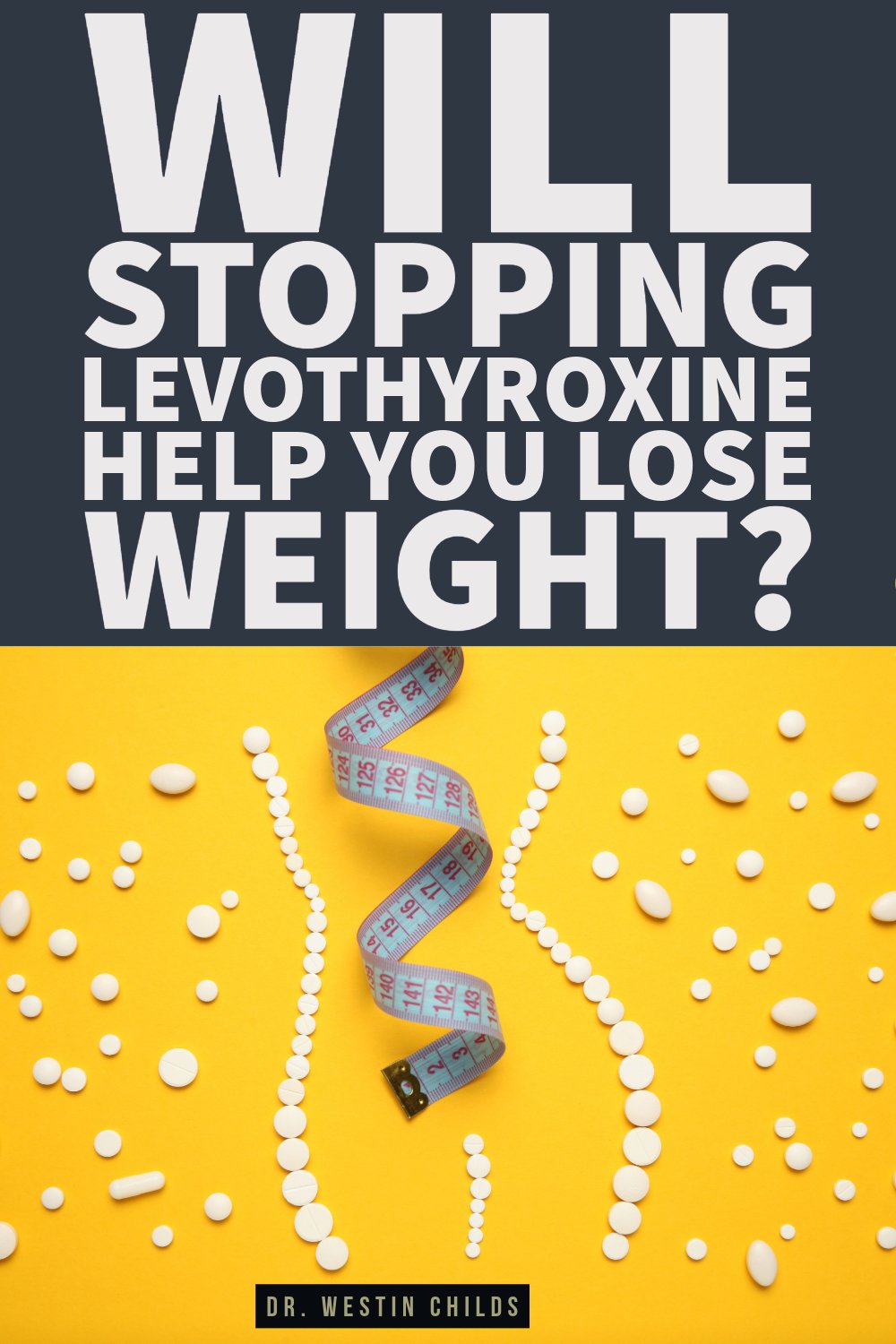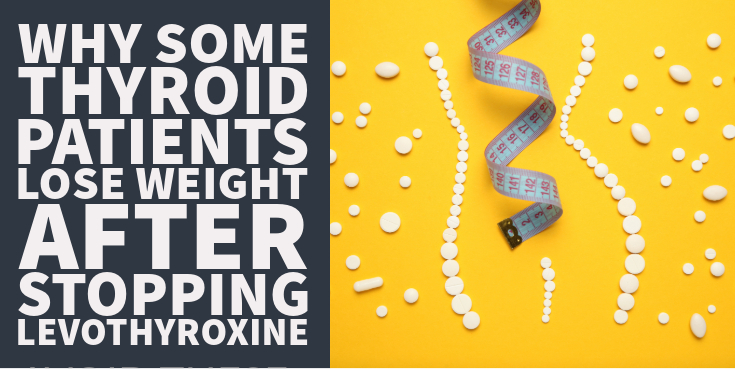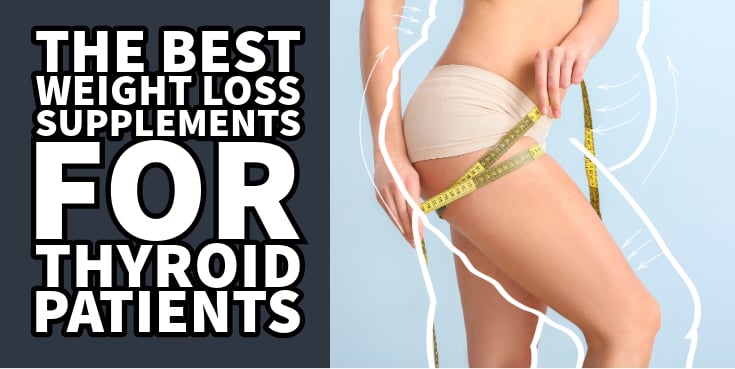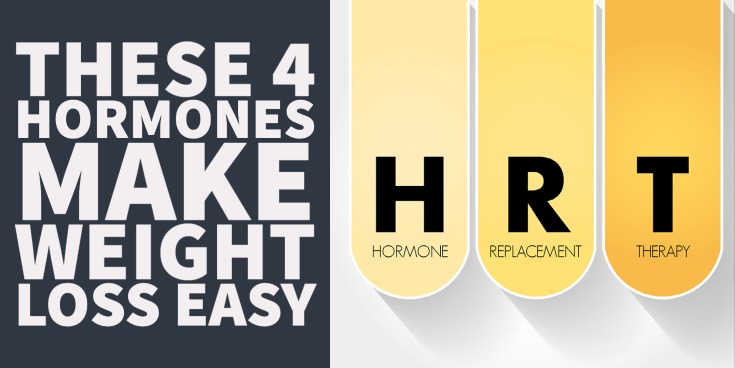I’ll be the first to say that thyroid medication management can be quite confusing and not at all straightforward, at least not all of the time.
Which is why it comes as no surprise that some thyroid patients experience what seem to be paradoxical or almost too-good-to-be-true effects when making adjustments to their thyroid medication.
One of these paradoxes occurs in some people who experience weight loss when stopping thyroid medication (as opposed to starting it).
While it may sound impossible, it can certainly happen.
Is it common? No, but it happens enough that it’s worth discussing and explaining some potential reasons for why it occurs.
Because, after all, the more you understand about thyroid medication, the more likely you are to get back to feeling 100% which is ultimately what everyone wants.
DOWNLOAD FREE RESOURCES
Foods to Avoid if you Have Thyroid Problems:
I’ve found that these 10 foods cause the most problems for thyroid patients. Learn which foods you should avoid if you have thyroid disease of any type.
The Complete List of Thyroid Lab tests:
The list includes optimal ranges, normal ranges, and the complete list of tests you need to diagnose and manage thyroid disease correctly!
How Thyroid Medications Impact Fluid Levels & Fat Mass
In order to understand how this may happen you need to understand how thyroid medication typically impacts weight.
In general, most thyroid medications have little to no impact on fat mass, but they can have some impact on fluid retention and water weight.
This is primarily because thyroid dysfunction results in fluid retention through its impact on compounds like glycosaminoglycans.
When you are in a hypothyroid state, these compounds accumulate in your skin and tissues and drag water with them.
And because thyroid medications impact thyroid function, they will ultimately impact water distribution in your body.
So when a thyroid patient starts or stops thyroid medication, any near-immediate change in weight is almost always related to fluid levels, not fat mass.
Do thyroid medications also result in fat loss? Sometimes, but this effect tends to occur slowly and is minimal for most people.
If you ever make any changes to your thyroid medication and you see a sudden change in your weight as measured on the scale you can almost guarantee that that change is from fluid, not fat.
If you are a thyroid patient trying to lose weight then you’ll want to read this article which outlines how to accurately measure fat loss.
Two Ways Stopping Levothyroxine Can Cause Weight Loss
But getting back to the topic in question, why do some people lose weight when they stop taking levothyroxine?
While we don’t know for sure, I’ve outlined two of the most likely reasons below:
#1. You Were Taking Levothyroxine When You Didn’t Actually Need It
This is probably the most common reason, and it’s something that happens far more often than you might think.
Based on the most recent research, it’s estimated that up to ⅓ of thyroid patients taking thyroid medication don’t actually need to be on it (1).
This runs contrary to the information given to most thyroid patients when they are first prescribed thyroid medications where they are often told that once they start taking it, they will be on it for the rest of their life.
I understand it may be jarring to hear that this isn’t true, but it just isn’t.
If you are someone who is taking levothyroxine when you don’t actually need it, then it follows that you will probably feel better once you stop taking it and it’s plausible that you may lose weight in the process.
This may not make intuitive sense because, after all, shouldn’t taking extra thyroid medication just help you lose more weight?
The answer to that question is no and it has to do with what type of hormone levothyroxine contains.
As a thyroid medication, levothyroxine contains 100% T4 thyroid hormone as thyroxine.
In the healthy state, your body produces roughly 80% T4 and 20% T3 directly from your thyroid gland (2) which means thyroid patients taking levothyroxine are not getting a healthy ratio of T4 to T3.

Because T3 is the most powerful thyroid hormone (3) and because taking levothyroxine shuts down natural thyroid hormone production, it’s possible that if you were taking levothyroxine when you didn’t need it, once you stop taking it your thyroid would start to produce more T3 than you were getting while taking levothyroxine.
The more T3 that you get, the better you will feel, and the more activation of the thyroid hormone receptor will occur in your cells.
From there it’s pretty easy to link better thyroid function to a reduction in fluid which means weight loss as measured by the scale (even though it’s not fat loss you are seeing).
The second reason is probably not as common but can definitely still happen.
#2. You Were Taking Too Much Levothyroxine (Your Dose Was Too High)
When it comes to thyroid medications, most doctors would probably admit that they would rather err on the side of giving a thyroid patient too little thyroid medication than too much.
Even though thyroid patients would obviously prefer a little too much, doctors are often more concerned about hyperthyroid side effects than hypothyroid side effects.
The reason is that it’s far less dangerous in their eyes for you to take less thyroid hormone than you need.
As a result, most thyroid patients are not taking enough thyroid medication and would be considered underdosed.
But even though that’s the case, there are still plenty of people who are given too much thyroid medication and end up in a state of excess.
The exact rate is difficult to determine but studies like this one showed that out of 662 thyroid patients, 18% were overtreated and 4% were undertreated (4).
This runs counter to what I just told you a second ago but that’s because researchers often use the wrong tests to assess for excess (i.e. using the TSH instead of symptoms and free thyroid hormones).
How often it happens is less important than understanding that it does happen.
And when it does happen, it’s easy to imagine that you probably won’t feel very good if you are taking more thyroid hormone than you need.
It follows then that if you were to stop taking your thyroid medication your thyroid function would normalize and you would see some improvement in those symptoms, at least temporarily.
This makes logical sense but how do you reconcile the fact that excess thyroid hormone is supposed to be associated with weight loss, not weight gain?
Shouldn’t someone taking too much thyroid medication be losing weight while their dose is too high instead of losing weight when they stop taking it?
Not exactly.
And the reason has to do with what I explained earlier.
Most patients taking too much levothyroxine are giving their body more inactive thyroid hormone than it needs.
That extra thyroid hormone will turn off TSH production from the brain, making it look like you are in a state of hyperthyroidism, but the tissues in your body will attempt to compensate by inactivating that thyroid hormone by turning it into reverse T3.
States of elevated reverse T3 are associated with a blocking of thyroid hormone at the cellular level and many of the symptoms of hypothyroidism.
This is why there are plenty of people out there who can experience full-blown hypothyroid symptoms even when their TSH is suppressed.
If you are taking too much levothyroxine and your body is converting it to the thyroid-blocking hormone reverse T3, then once you stop taking that excess your body will lift the dam and it will once again be able to create T3.
Paradoxically, then, stopping your thyroid medication will improve thyroid function across the board owing to this change in thyroid conversion.
It’s a somewhat complicated cascade of events but I’ve certainly seen it happen.
Does This Mean You Should Stop Taking Your Levothyroxine?
No, I wouldn’t say that.
While it is fairly common for people to feel better when they first stop taking levothyroxine, many of those same people will ultimately end back up in their hypothyroid state after a few months.
The reason for this has to do with the long half-life of levothyroxine which is around 7 to 7.5 days (5).
Every single dose of levothyroxine that you take will stay in your system for about 35 to 37.5 days.
Even if you were to stop taking your medication tomorrow, the dose you took yesterday will continue to float around doing its job for an entire month.
But given that there are so many thyroid patients who are probably taking it when they don’t need it, it’s definitely worth discussing with your doctor whether or not you can trial a period off of it to see how you do.
I’ve written a detailed article on how to go about doing that which you can find here.
Stopping thyroid medication is not possible for everyone, though, especially for those who have had their thyroid removed, those post radioactive iodine ablation, and those in end-stage Hashimoto’s.
But for patients not in any of those categories, it’s worth looking into.
No matter what you choose to do, remember that there are still plenty of things that you can do to help yourself get back to feeling 100%.
Options include:
- The use of thyroid support supplements
- Changing your diet and eating healthy
- Exercising regularly
- Staying hydrated
- Building more muscle mass
- And other natural treatments
Scientific References
#1. pubmed.ncbi.nlm.nih.gov/33161885/
#2. ncbi.nlm.nih.gov/books/NBK500006/
#3. ncbi.nlm.nih.gov/pmc/articles/PMC4699302/
#4. ncbi.nlm.nih.gov/pmc/articles/PMC10716595/
#5. ncbi.nlm.nih.gov/books/NBK585644/









